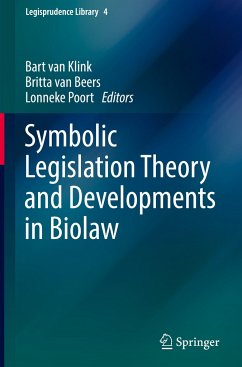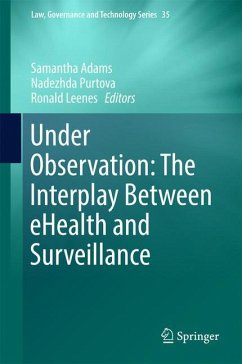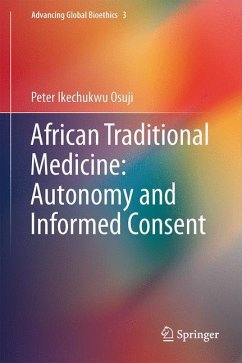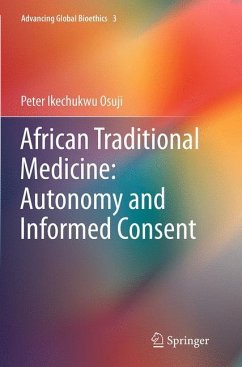
Guantanamo and Other Cases of Enforced Medical Treatment
A Biopolitical Analysis

PAYBACK Punkte
19 °P sammeln!
This volume presents a number of controversial cases of enforced medical treatment from around the globe, providing for the first time a common, biopolitcal framework for all of them. Bringing together all these real cases guarantees that a new, more complete understanding of the topic will be within grasp for readers unacquainted with the aspects involved in these cases. On the one hand, readers interested mainly in the legal and medical dimensions of cases like those considered will benefit from the explanation of the biopolitical framework within which each case develops. On the other hand,...
This volume presents a number of controversial cases of enforced medical treatment from around the globe, providing for the first time a common, biopolitcal framework for all of them. Bringing together all these real cases guarantees that a new, more complete understanding of the topic will be within grasp for readers unacquainted with the aspects involved in these cases. On the one hand, readers interested mainly in the legal and medical dimensions of cases like those considered will benefit from the explanation of the biopolitical framework within which each case develops. On the other hand, those focusing on only one of the situations presented here will find the parallels between the cases an interesting expansion of the complexity of the problem. Despite the book's ambitious goal, for those willing to use it as supplemental material or interested in only one of the cases, the chapters can function as self-standing pieces to be read separately. This volume will be a valuable tool for both academics and professionals. Bioethicists in both the analytic and continental traditions, will find the book interesting for not only the specific concepts and issues considered, but also for its constructive bridging of the two schools of thought. In addition to philosophers, the structure of this work will also appeal to lawyers, doctors, human rights activists, and anyone concerned in the most disparate way with real-life cases of enforced medical treatment.












